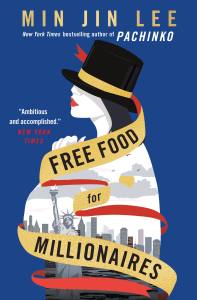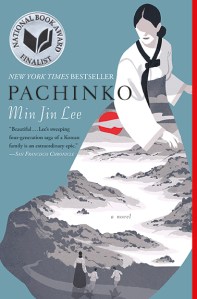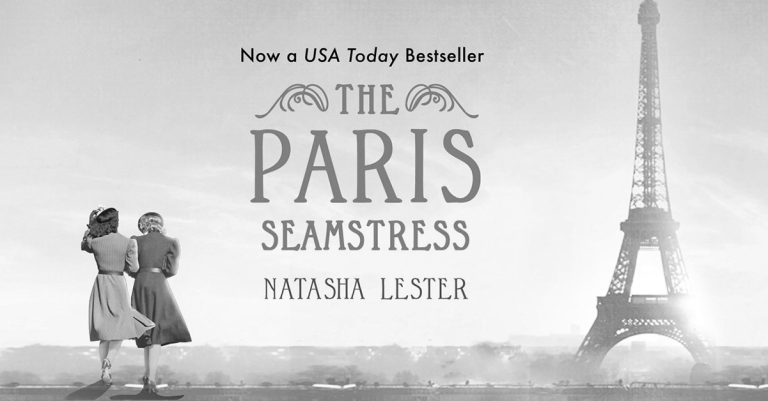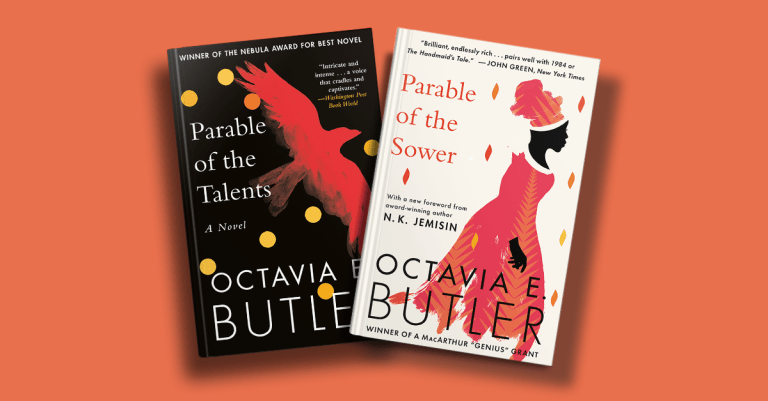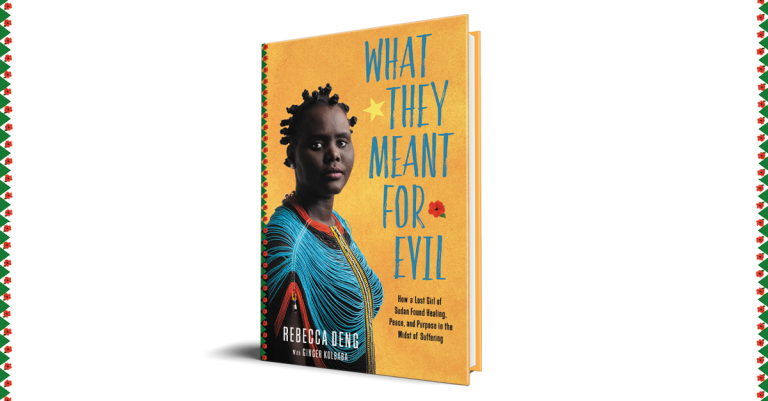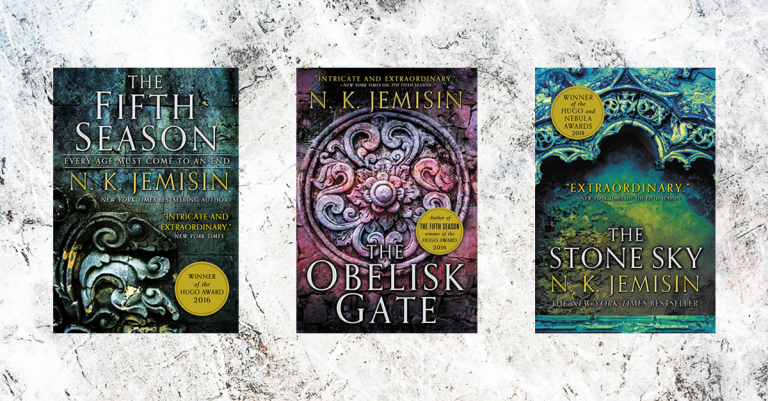Book Club Picks: Pachinko and Free Food for Millionaires by Min Jin Lee
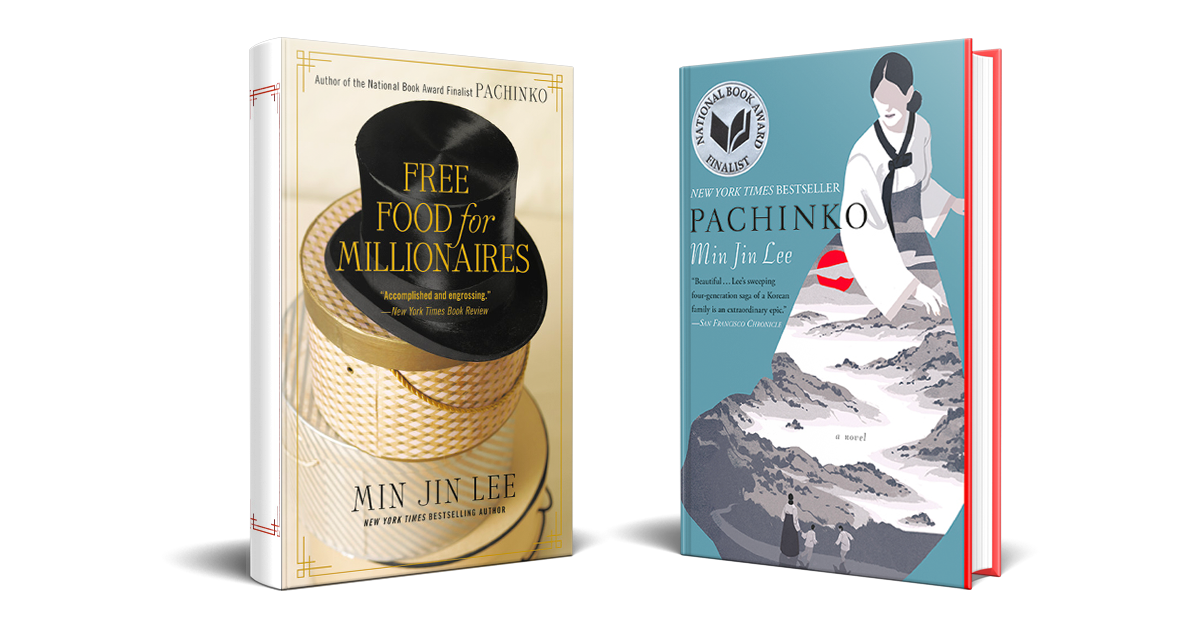
If you were to have a discussion about literary sensations of the last few years, one book that would certainly come up is Pachinko by Min Jin Lee. A sweeping family saga, starting in Korea at the turn of the 20th century, there are few books that have received as many commendations as Pachinko. It is a National Book Award finalist, a New York Times Top Ten Book of the Year, a finalist for the Dayton Literary Peace Prize, and winner of the Medici Book Club Prize. There have been countless Pachinko book club discussions, it has been translated into over 27 different languages, and it has a rating of over four stars after 116,000 reviews on Goodreads! And when Apple launches its streaming service in the fall of 2019, it will include a series adaptation of the novel. TL;DR: Pachinko is a marvel.
And here’s something else to marvel at: Pachinko is only Min Jin Lee’s second novel. In 2007, she gave the world Free Food for Millionaires, a family epic about greed, ambition, love, and immigration. It has also achieved huge success; it was a national bestseller that landed on a lot of the end-of-the-year lists and a 2019 One Book, One New York nominee.
A few years ago, I had the fortune of seeing Min Jin Lee talk about what inspired her to write Pachinko. She told such a sad, beautiful tale about a Korean family she had read about, I don’t think that there was a dry eye in the house. It inspired me to pick up Free Food for Millionaires while I waited for the release of Pachinko, and I loved it.
If you have never read either of Min Jin Lee’s novels or would like to be inspired to read them again, allow me to tell you about each of them! I think they are both excellent and have as many similar themes and situations as they do different ones. Both novels make for great book club discussions. But which one would you pick first?
Casey Han is the strong-willed, Queens-bred daughter of Korean immigrants, who aspires to climb the social ladder. Recently out of college, she is living well beyond her means and dating a terrible man. Casey longs to be a successful investment banker, or at least do something to impress the judgmental members of her parents' tight-knit community, but it isn't until she runs into an old friend that she has the opportunity she desires. But not before she catches her no-good boyfriend cheating on her with two women.
A position in a dress shop opens doors that Casey is looking for, and she decides against enrolling in Columbia Law School in favor of chasing her social-climbing dreams. We are also introduced to her sister, Tina, who is juggling marriage, med school, and a baby. And we learn that Casey's mother is being pursued by a church elder. Free Food for Millionaires is a thoughtful, intricate look at dreams and goals, and how they don't always look like what we were expecting when we finally reach them.
Pachinko is another outstanding novel about dreams and responsibilities but told by four generations over the course of the 20th century. It starts with Sunja, the teenage daughter of a Korean fisherman. She lets herself fall for a fast-talking businessman and finds herself pregnant and alone after discovering that her lover is married. As the weeks go by and Sunja helps her mother take care of their boarding house, a solution presents itself: A sickly minister has stopped in on his way to Japan. He offers to marry Sunja and be the father of her baby if she accompanies him to Japan. Seeing as how this is the best, least-shameful option that Sunja's family can think of, soon she finds herself on a boat to Japan.
But Sunja and her husband, Isak, and soon their young son Noa, face challenges in Japan. Korean immigrants are discriminated against, and Pachinko follows the social and political history between the cultures, along with the ramifications of Sunja's decision to turn her back on her country and the father of her child, decisions that still echo through her family in the present day.
I think Pachinko is compelling for a lot of people because Min Jin Lee discusses a piece of history that is not often represented in stories: Korean immigrants living in Japan. It is a beautiful, moving novel that explores family and love in a hostile world, a theme that rings true for people today in countries all over the world.
Min Jin Lee has said she is working on a third Korean saga. Until then, we have two tremendous novels—and an upcoming television show!—to tide us over.
Resources for Book Clubs:
Free Food For Millionaires Reading Group Guide
About Min Jin Lee:
Min Jin Lee is a recipient of fellowships in Fiction from the Guggenheim Foundation (2018) and the Radcliffe Institute for Advanced Study at Harvard (2018-2019). Her novel Pachinko (2017) was a finalist for the National Book Award for Fiction, a runner-up for the Dayton Literary Peace Prize, winner of the Medici Book Club Prize, and one of the New York Times’ “Ten Best Books of 2017.” Lee’s debut novel Free Food for Millionaires (2007) was one of the best books of the year for the Times of London, NPR’s Fresh Air, and USA Today. She will be a Writer-in-Residence at Amherst College from 2019-2022.
Follow Min Jin Lee:
You Might Also Like
By clicking ‘Sign Up,’ I acknowledge that I have read and agree to Hachette Book Group’s Privacy Policy and Terms of Use
Most of Tirzah Price’s life decisions have been motivated by a desire to read as many books as humanly possible. She began blogging at TheCompulsiveReader.com in 2007, focusing primarily on YA and children’s lit. Tirzah holds an MFA in Writing for Children & Young Adults from Vermont College of Fine Arts, aka the closest thing to a real Hogwarts that Muggles can find. She has worked as an independent bookseller since 2011, and when not reading you’ll likely find her knitting socks and thinking about narrative structure. Follow her on Twitter: @TirzahPrice.
